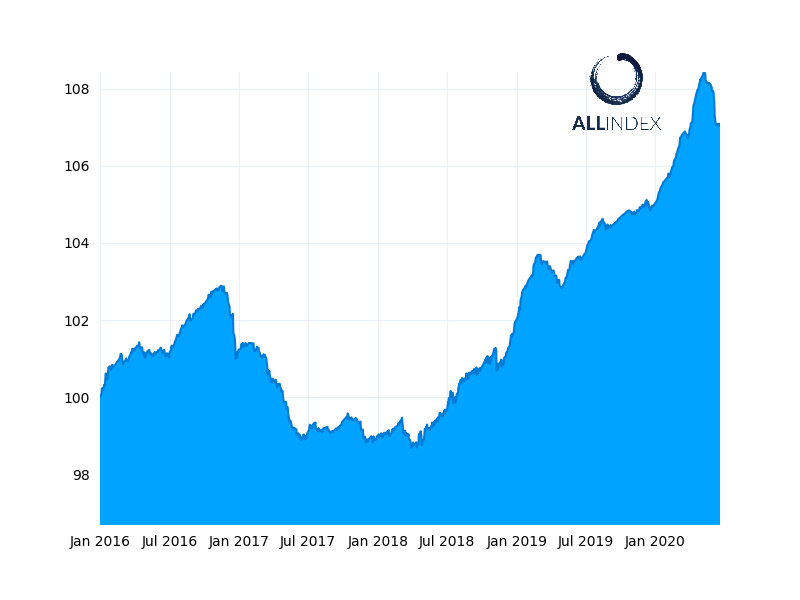(ATF) The ATF bond indices closed in positive territory on Friday despite diverging opinions on the outcome of the June fixing of China’s benchmark lending rate next week.
The China Bond 50 index, the benchmark gauge, along with the ATF ALLINDEX Corporates, Enterprise, Financial and Local Governments all gained 0.01%.
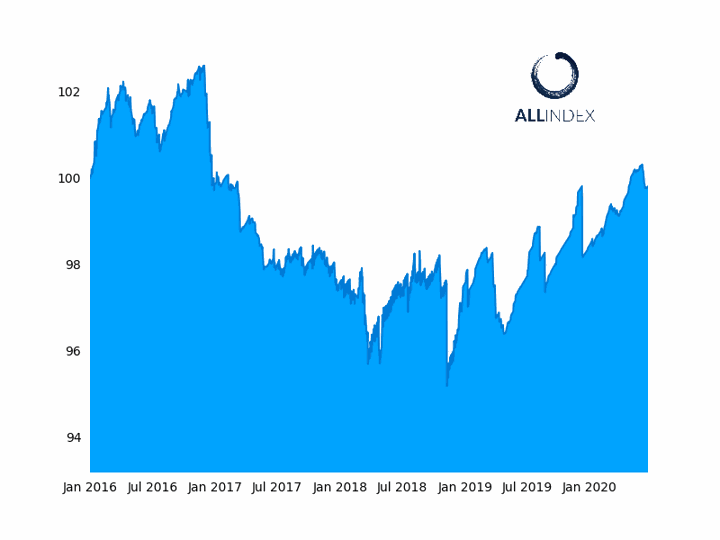
The ATF Corporates Index climbed 0.01%
Some easing of the Loan Prime Rates (LPR) could be on the cards as the State Council indicated on Thursday that it would ensure ample liquidity by cutting the reserve requirement ratio (RRR) and guide down lending rates and bond yields.
However Yi Gang, the governor of the People’s Bank of China (PBoC), stated at the Lujiazui Forum 2020 on Thursday that, given the current stability in China’s financial markets and improving economic fundamentals, a timely withdrawal policy will be necessary, according to The Standard, citing state media. This could indicate that the PBoC will decide not to cut rates.
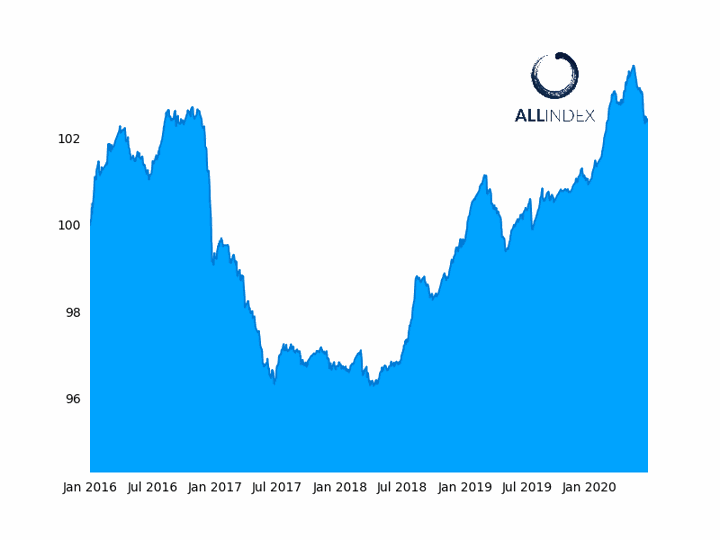
The ATF Enterprise Index added 0.01%
On Monday, the PBoC rolled over 200 billion yuan in medium-term loans to ensure adequate liquidity in the banking system and kept the interest rate for the one-year facility at 2.95%. Since the one-year MLF rate is the basis for the LPR, the move underscores the possibility that the PBoC will keep it unchanged.
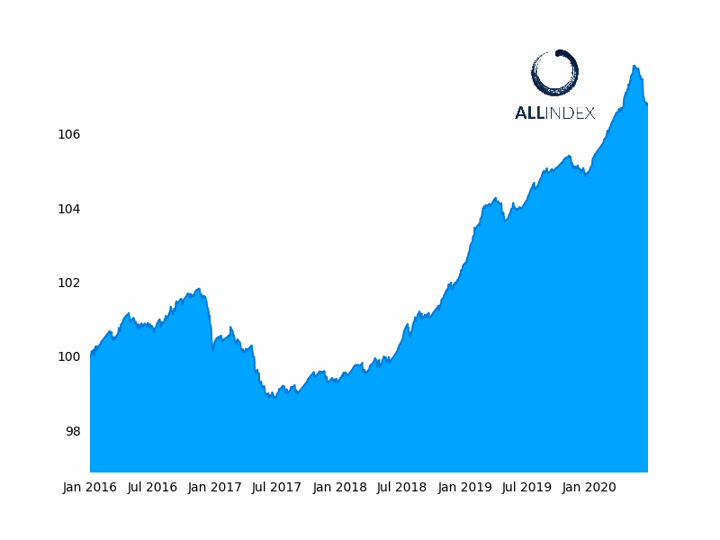
The ATF Financials Index advanced 0.01%
This would be the second month that the PBoC decides not to cut the benchmark rate. In May, it kept the one-year LPR at 3.85%, and the five-year LPR at 4.65%.
Three quarters of traders and analysts are expecting no change in the benchmark lending rate on Monday, according to a Reuters poll.
The yield on China’s 10-year bond continued to edge upwards on Friday, closing at a new high since February of 2.91%.
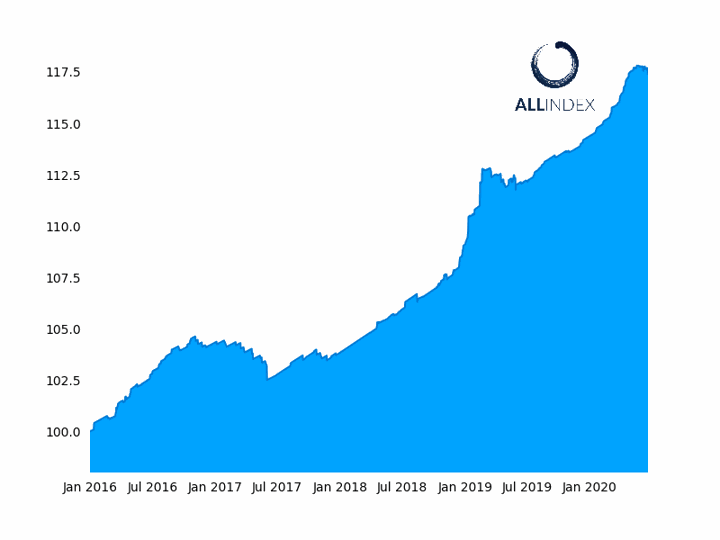
The ATF Local Governments Index rose 0.01%
Beijing has been reluctant to cut rates following a surge in arbitrage trades that have prevented funds from flowing to the real economy, as reported. This was after the PBoC pumped trillions of yuan into the financial system earlier this year, which drove borrowing costs to multi-year lows. As a result large companies took out cheap bank loans and issued low-yielding bonds. Rather than using the funds to rebuild their businesses, companies were instead putting them into structured deposits, a form of high-yielding wealth-management product.




